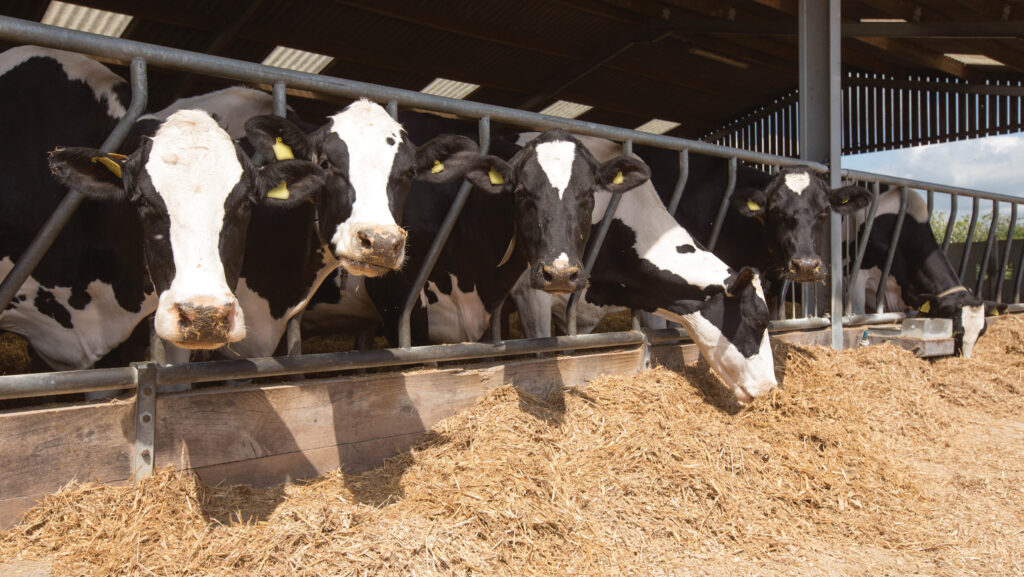Opinion: Farmers don’t get time to grieve loved ones
 © Tim Scrivener
© Tim Scrivener My mum passed away a couple of months ago. She was a farmer all her life and a trailblazing woman in farming “before it was a thing” – her words not mine.
As an only child, there were no brothers to pick up the mantle, so she was milking cows at 10 years old and, by the time she left school, was virtually running our small Derbyshire hill farm.
See also: Opinion – ‘hidden’ rural poverty is getting worse
Making the most of the extra help, my granddad worked as a builder, supplementing the family income and making sure they didn’t end up in the workhouse.
Seventy years later and farmers everywhere are still putting the hours in on farm and working second jobs to keep themselves financially afloat to pay the mortgage.
Anyone who has suffered a bereavement will recognise the roller coaster of emotions which come with it.
I have felt sadness, guilt, relief and regret but overwhelmingly I have been reminded just how brutal and unforgiving livestock farming can be in these circumstances.
The day Mum died, after phoning a few relatives, I was up the M6 and back in Lancashire for afternoon calf feeding, carrying on like nothing had happened.
The cows were still milking and life was already moving on.
The circle of life, in all its glory, plays out on farms every day.
We’re elated by births and, contrary to what some believe, are saddened by the deaths of our animals.
It’s widely assumed because we deal with life and death on an almost daily basis we are somehow hardened to it, better equipped to deal with it or that we aren’t as bothered by it.
I’m finding that’s not necessarily true.
So what is it that keeps us going and gets us out of bed in the morning to face even the toughest of days?
A sense of duty to the animals in our care? A stubbornness not to be beaten by something you can’t see and can only feel?
Or is it in our blood? Are the genes of our ancestors, who worked their fingers to the bone and made sacrifices to keep their farming dreams alive, kicking in like some kind of self-preservation method?
To me it’s a combination of all those things and something which is hard to explain.
Finding comfort in the gentle nuzzle of a calf’s nose, or a nudge and a cuddle from my favourite cow when the tears have flowed down my cheeks, has helped to raise a smile and offered an unexpected but welcome relief.
They can sense when something isn’t right and have offered warmth and unconditional love.
Mum was in her 80s. She had an amazing life and her death was peaceful and dignified. I know she wouldn’t have wanted me to curl up in a crumpled mess and she’d be the first to tell me to pull myself together if I did.
But managing to pick up and carry on almost immediately, with no real time to stop and process things or even just think has been exhausting.
Compassionate leave in any self-employment, but especially in dairy farming, is almost non-existent and I have felt angry and resentful of that.
I feel like I should be able to do Mum’s life justice by having the time to grieve her death.

